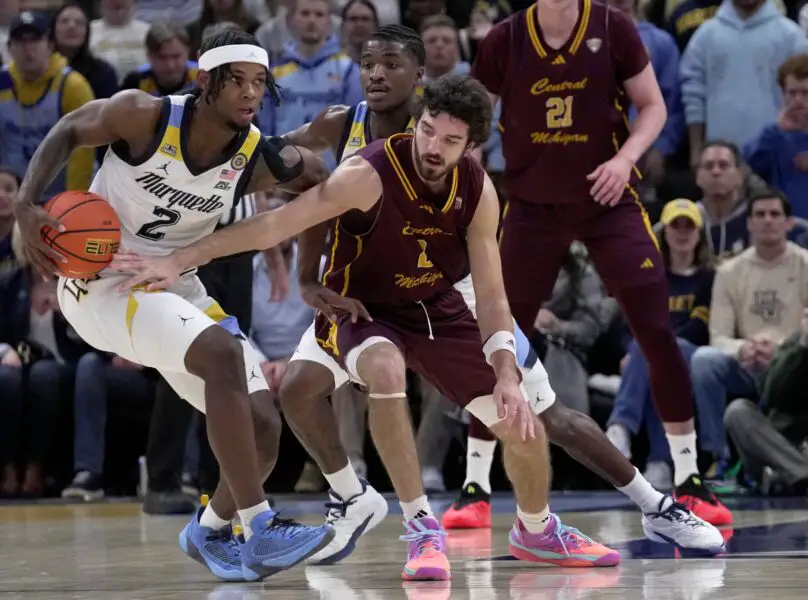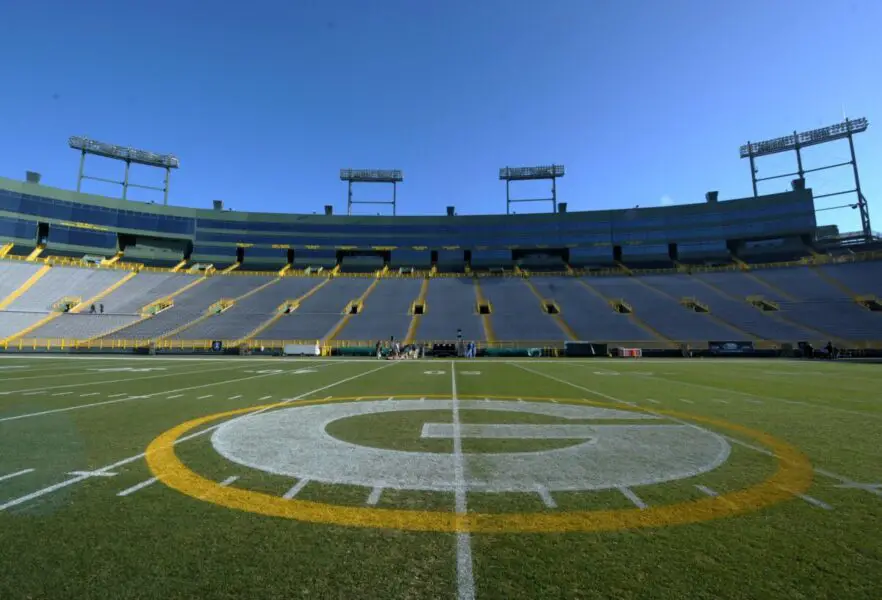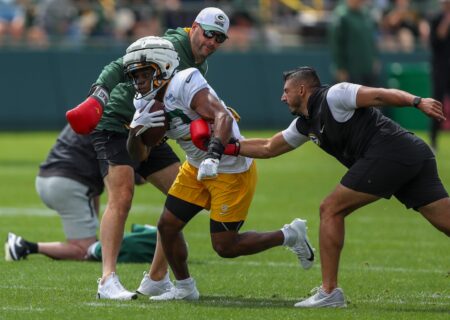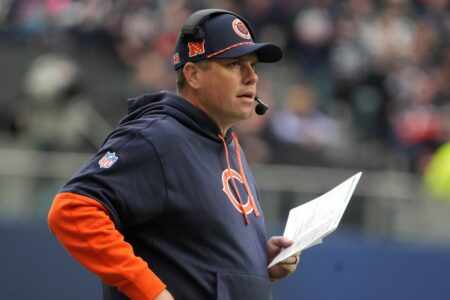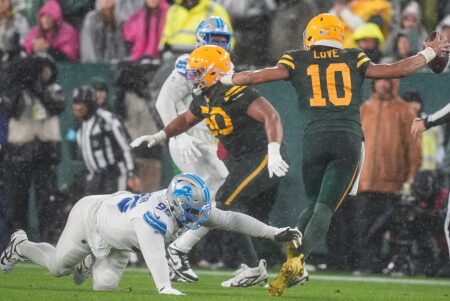In the world of professional sports, where teams are typically the treasured playthings of billionaires, one team stands apart: the Green Bay Packers. When you ask, “Who owns the Green Bay Packers?” the answer is unique.
Nestled in the smallest market of all major North American professional sports, this NFL franchise has a unique ownership structure that places it squarely in the hands of its community. Unlike their counterparts, the Packers are not owned by an individual, a partnership, or a corporate entity. Instead, the Packers are owned by the fans—over half a million stockholders who bleed green and gold.
History of the Packers’ Ownership
The story of the Packers’ unique ownership structure dates back to the early days of the franchise. Founded in 1919, the team found itself on the brink of bankruptcy just four years later. To keep the Packers afloat, shares were sold to the local community, marking the birth of the Green Bay Packers as a publicly held nonprofit corporation on August 18, 1923.
This was no ordinary sale of shares. It was a rallying cry, an appeal to the community to save their beloved team. The response was overwhelming, and the team managed to weather the financial storm. This marked the beginning of a community-owned venture that not only survived but thrived, with the Green Bay Football Corporation receiving its current legal name, the Green Bay Packers, Inc., in 1935.
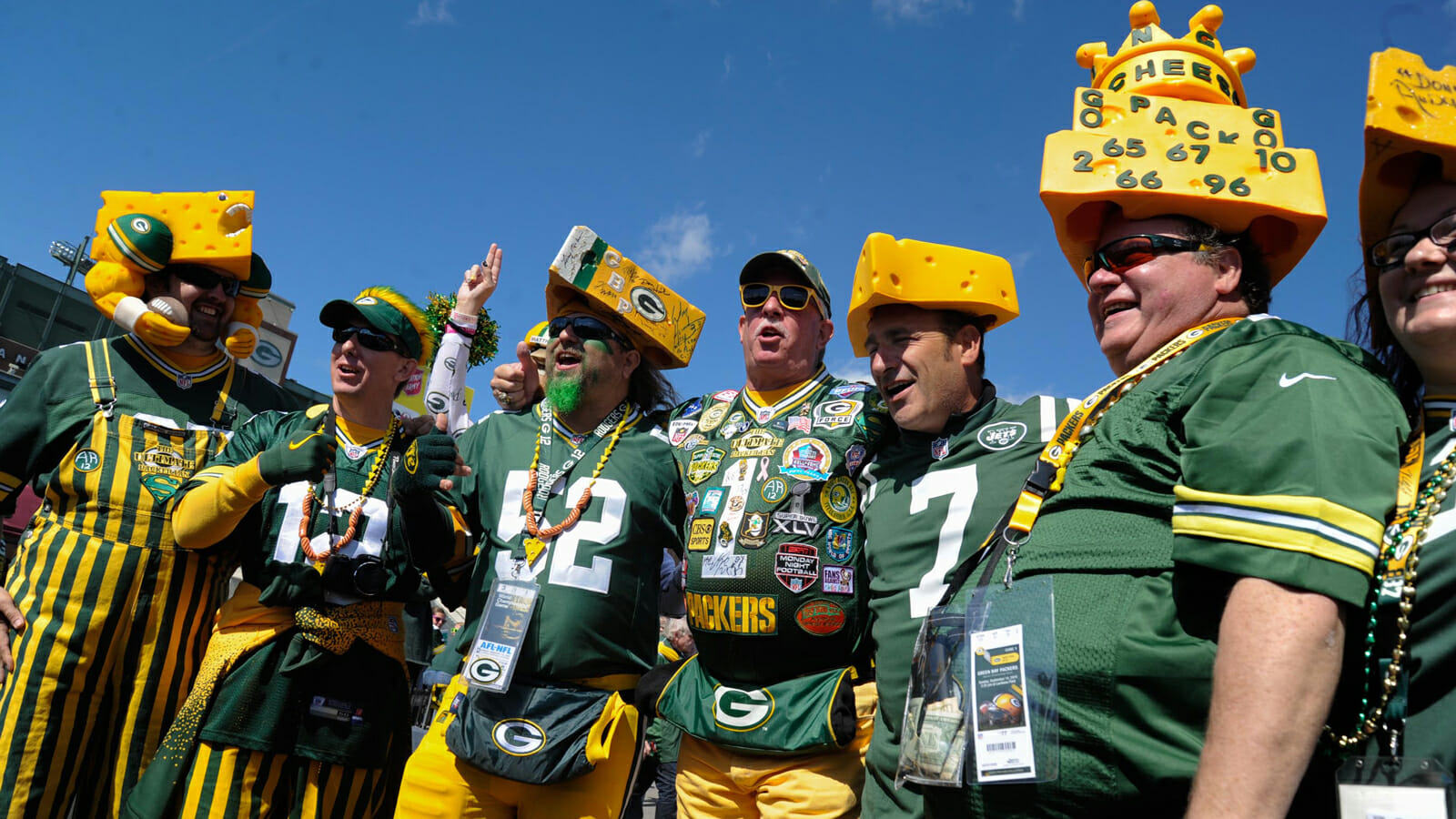
The Packers’ Ownership Structure
The Packers’ ownership is as unique as it is extraordinary. They are the only publicly owned major professional sports franchise in the United States. As of 2022, there are 537,460 stockholders, each carrying a piece of the Packers’ legacy. The ownership rules stipulate that no one is allowed to hold more than 200,000 shares. This measure ensures broad-based community support, preventing the team from becoming the property of an individual or corporate entity.
This communal approach to ownership has cemented a bond between the team and the city of Green Bay, a bond that has helped the Packers stay put in their hometown for over a century. Such a feat is made even more remarkable when one considers that Green Bay is the smallest market in all of North American major professional sports.
In a world of ever-increasing corporate influence, the Green Bay Packers have managed to stay true to their roots. They are more than just a football team; they are a testament to the power of community, a beacon of collective ownership shining brightly in the field of professional sports.
The Board of Directors for the Green Bay Packers
Behind the scenes of every Packers game, a group of individuals work tirelessly to ensure the continued success and longevity of the team. The Green Bay Packers Board of Directors serves as the owner of record for the team. This board, comprised of dedicated individuals, is a testament to the Packers’ community-focused ethos.
The Board is governed by a seven-member executive committee, elected from within the ranks of the directors themselves. This committee is entrusted with the task of directing corporate management, approving major capital expenditures, establishing board policy, and monitoring the performance of management in conducting the business and affairs of the corporation. This structure ensures that the Packers remain a community-owned entity, guided by the principles of teamwork and collaboration.
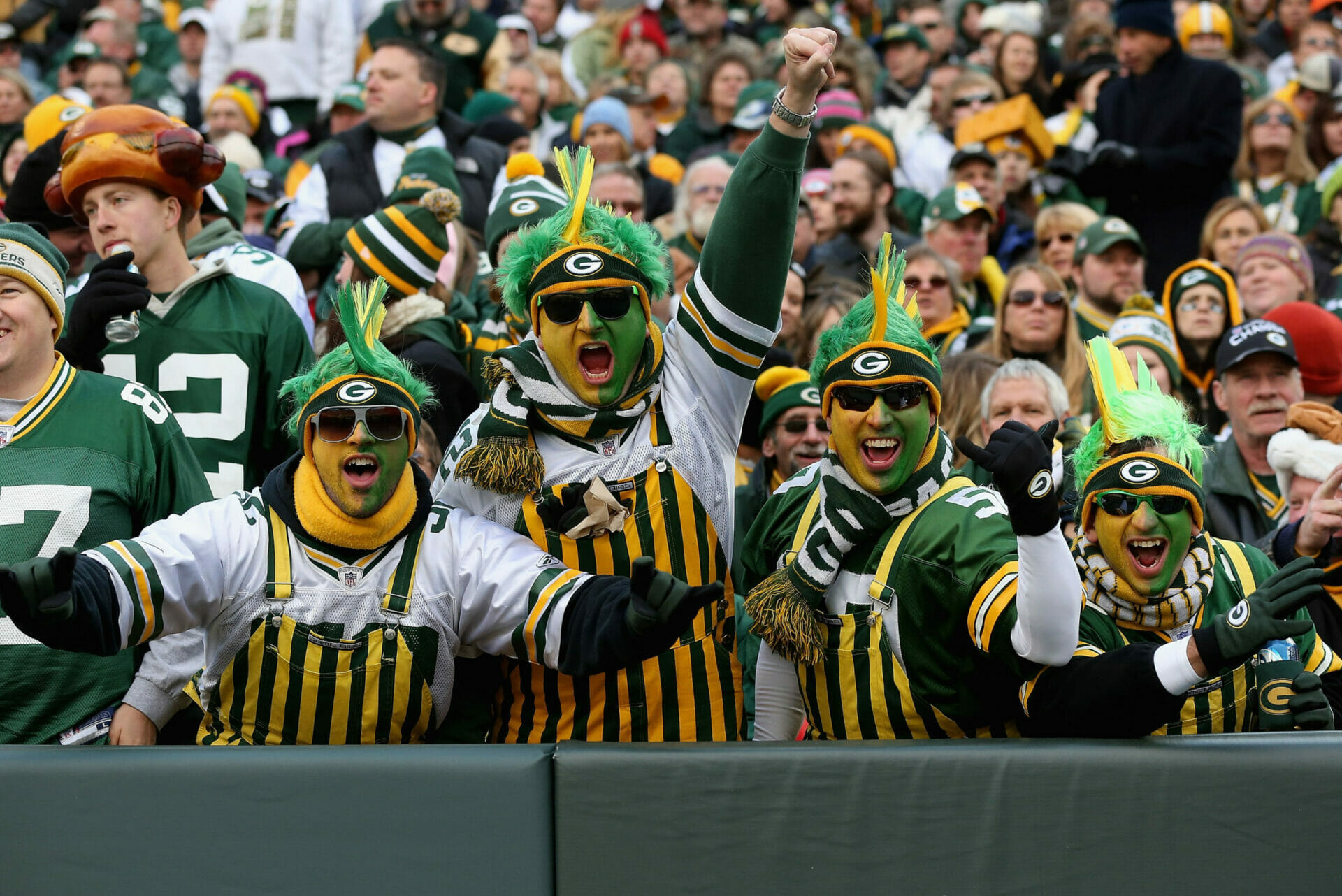
Packers’ Stock and Shareholder Rights
When one thinks of stock ownership, thoughts of dividends, equity interests, and the ability to trade or sell often come to mind. However, being a shareholder in the Packers’ organization is a different experience.
While the shares are referred to as “common stock” in corporate offering documents, a share of Packers stock does not confer the same rights traditionally associated with common or preferred stock. There is no equity interest, no dividends are paid, and the stock cannot be traded. In fact, Packers’ shares do not even have protection under securities law.
A Packers’ shareholder receives voting rights and an invitation to the corporation’s annual meeting. They also get the opportunity to purchase exclusive shareholder-only merchandise. Beyond these benefits, owning a share of Packers’ stock is primarily a symbol of support and love for the team.
Over the course of the franchise’s history, there have been six stock sales—in 1923, 1935, 1950, 1997, 2011, and 2021. The price per share has gradually increased over the years, from $5 per share in the inaugural 1923 sale to $300 per share in the most recent 2021 sale.
The Role of the Green Bay Packers’ President
Mark H. Murphy is the current President and CEO of the Green Bay Packers. He has served in this capacity since December 3, 2007, taking on formal duties from January 28, 2008. In this role, Murphy represents the team at NFL owners’ meetings and other events, and he is the only individual within the organization who receives compensation.
Murphy’s leadership, both visible and behind the scenes, has been instrumental in the Packers’ success. Among his many accomplishments, Murphy is believed to be the only person to earn a Super Bowl ring as a player and as a team’s chief executive. He also has an impressive academic and professional background, holding a law degree from Georgetown University, an MBA in finance from American University, and having served as assistant executive director of the NFL Players Association.
However, change is on the horizon. Murphy announced his impending retirement, set to take place on July 13, 2025, when he turns 70, in accordance with the Packers’ bylaw which mandates board members to retire at that age. Murphy’s departure will usher in a new era for the Green Bay Packers, as the team will need to select a new president to continue Murphy’s legacy of dedication and stewardship. The Packers’ executive committee has already begun planning the process and timeline for finding Murphy’s successor.
The new president will undoubtedly have big shoes to fill, and the choice will be a critical one for the future of this unique, fan-owned team. The Packers community is hopeful for one or two more championships before Murphy concludes his remarkable tenure.
Now You Know Who Owns the Green Bay Packers
Now that you know who owns the Green Bay Packers, you know they embody a unique model of ownership in the realm of professional sports–a model rooted in community, collective ownership, and mutual support. The team’s shareholders are more than just passive investors; they are fans, community members, and integral parts of the Packers’ legacy.
This unique structure has allowed the Packers to weather financial storms, maintain their presence in the smallest market of North American major professional sports, and foster a deep connection with their community—a connection that transcends the typical relationship between a sports team and its fanbase.
As the Packers continue to make their mark on the field, their distinctive ownership model serves as a testament to the power of community, reminding us that in a world of corporations and billionaires, there is still room for the collective voice of fans to echo in the boardrooms of professional sports.



